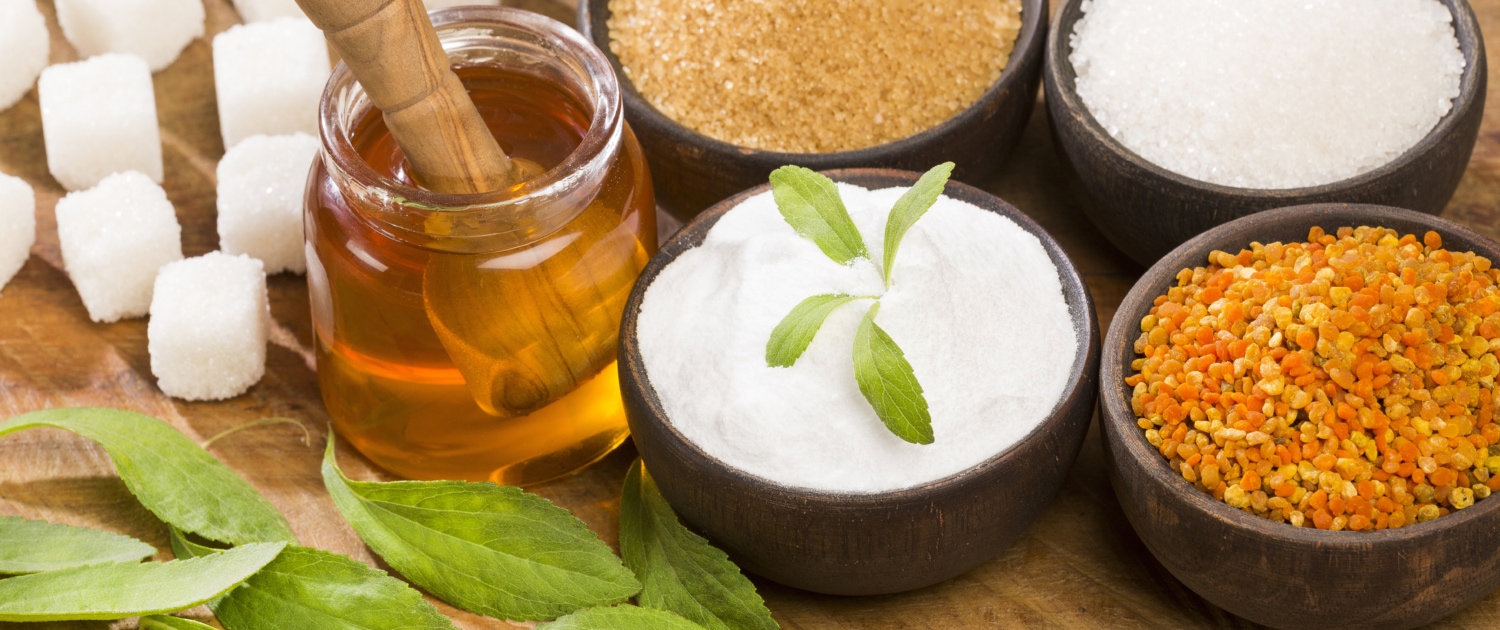10 Best Natural Sugar Substitutes
– Your Healthier Sugar Alternatives to Try –
Would you say that sugar is your dietary weakness?
For many people, it certainly is a weak spot in their diet, including myself.
A majority of people craves and consumes high amounts of sugar on an almost daily basis.
But, even if you are not one of these people and you don’t necessarily have a sweet tooth. It can still be tough to avoid sugar altogether.
Nearly every food item contains sugar in form or the other, nowadays. The sugary range goes from popular soda and other obviously sweetened drinks to almost all processed foods.
Today, added sugar has become one of the most controversial ingredients in our modern diet.
Health experts are linking it to many serious diseases. These may include obesity, heart disease, diabetes and cancer.
The problem is that most people consume way too much sugar without actually knowing it.
Fortunately, there are many great ways to sweeten foods without adding regular sugar.
This article shares the 10 best natural sugar substitutes with you.
These are some healthier sugar alternatives you may want to try instead.
Let’s get started.
Why is Too Much Sugar Bad For You?
When eating too much sugar, there are several health risks we should be aware of.

Firstly, various studies suggest that people, who are following diets high in added sugar, are more likely to develop obesity.
Secondly, sugar can interfere with hormones in our bodies.
Usually, these hormones regulate hungers and satiety. However, the interference from sugar can lead to increased calorie intake. Eventually, this means that you will likely be gaining more weight.
Thirdly, when you are especially excessively consuming sugar, you can also harm your metabolism. Studies show that this may lead to increased insulin and fat storage.
Furthermore, health experts associate high sugar intake with poor oral health. Additionally, they are linking it to a number of serious diseases. These include heart disease, diabetes and cancer.
Besides all of these potential health risks, to some people sugar can even be addictive.
In fact, sugar causes dopamine to be released. This happens in the reward center of our brain. Technically, it is the same response being activated by addictive drugs.
As a result, this will lead to cravings for more sugar. Eventually, people tend to overeat and over-consume then. This is especially the case in stressed individuals.
Out of these reasons, it may be a good idea considering some healthier sugar alternatives to try. At least, from time to time.
Here are the 10 best natural sugar substitutes.
-
Stevia
Our first candidate is probably one of the most well-known ones.
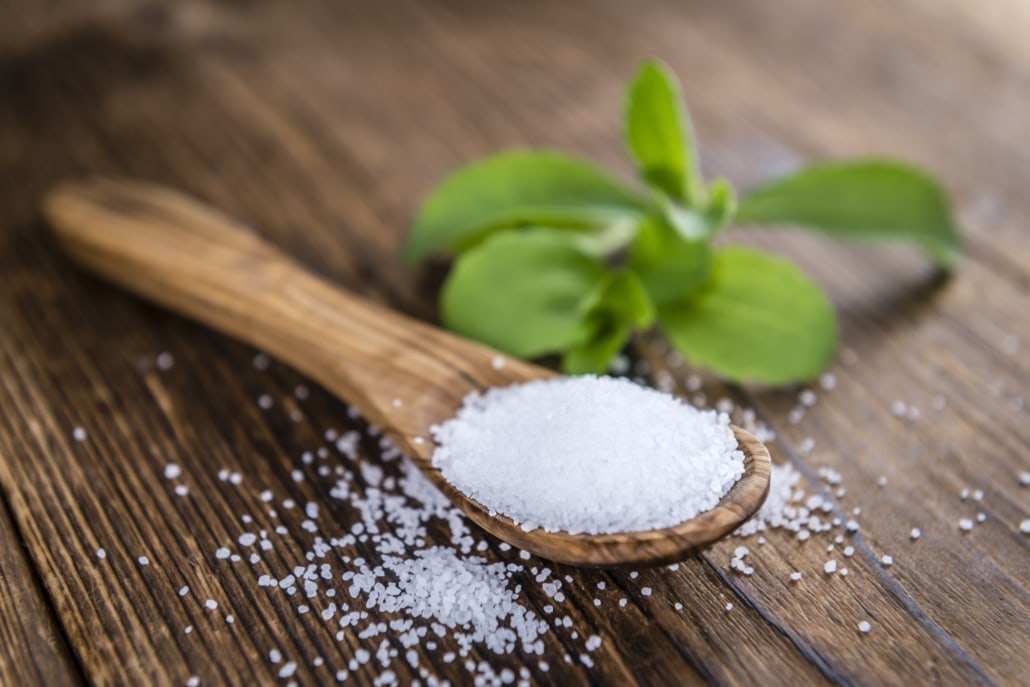
In short, Stevia is a natural sweetener. Typically, farmers are extracting it from the leaves of a South American shrub. It’s scientifically known as Stevia rebaudiana.
Moreover, this plant-based sweetener can either be extracted fromthe plant compounds of stevioside or rebaudioside A.
Each one of these two compounds contains zero calories. And, it can be up to 350 times sweeter than sugar. However, Stevia may taste slightly different than regular sugar.
Furthermore, the leaves of this natural sweet plant are literally packed with nutrients and phytochemicals.
Therefore, it doesn’t come as a big surprise that health experts associate Stevia with several health benefits.
Especially the sweet compound in Stevia, namely stevioside, has shown to lower blood pressure, blood sugar and insulin levels.
In general, experts consider Stevia to be safe.
Currently, there is still a lot more research going on. This is mostly regarding the question to determine whether the natural sweetener brings long-term benefits for human health.
To sum up, Stevia is 100% natural. It contains zero calories. On top, the healthy sugar alternative has no known negative health effects.
Give it a try. I especially like to use it with my morning cup of coffee.
-
Xylitol
Maybe, some of you have not heard of this next sugar alternative, yet.
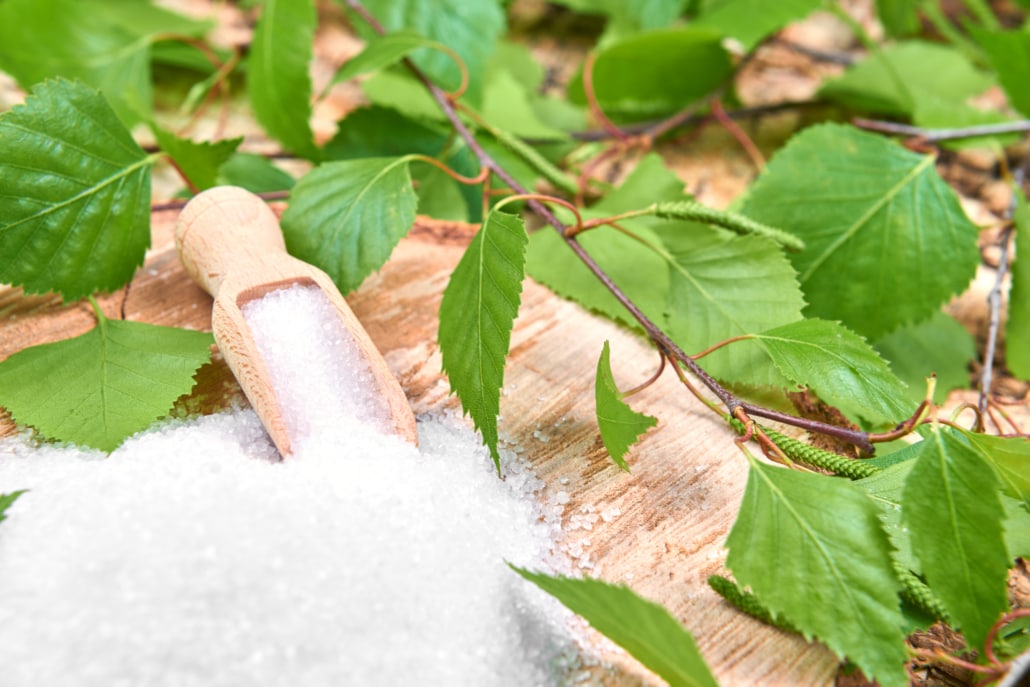
But, it most certainly deserves a spot on our list of 10 best natural sugar substitutes.
In short, Xylitol is a sugar alcohol. And, it comes with a sweetness level that is very similar to that of regular sugar.
Typically, people are extracting Xylitol from corn or birch wood. Naturally, you can also find it in many fruits and vegetables.
Moreover, this sugar alternative contains 2.4 calories per gram. This is 40% fewer calories than common sugar.
But here is what especially makes Xylitol a noteworthy alternative to sugar. It’s the lack of fructose. For most of sugar’s harmful effects, fructose is actually the most responsible factor for it.
As a result, Xylitol does not cause raising your blood sugar and insulin levels.
Indeed, the sugar alternative is linked to several health benefits. These include dental health and bone health, for example.
However, we also need to mention that there are some controversial studies surrounding Xylitol. In general, we need more updated and preferably human studies to fully determine its potential and functionality.
But what we can say already. Eating Xylitol in moderation seems absolutely fine and is generally considered safe.
On a side note, Xylitol can be highly toxic to dogs. So, if you have any dogs, you may better want to keep it out of their reach. Or, you should avoid having it in your house altogether.
No worries.
There are enough and many other great sugar alternatives for you to choose from instead then.
-
Erythritol – 10 Best Natural Sugar Substitutes
Speaking about other options, Erythritol is also a sugar alcohol. On top, it even contains fewer calories.
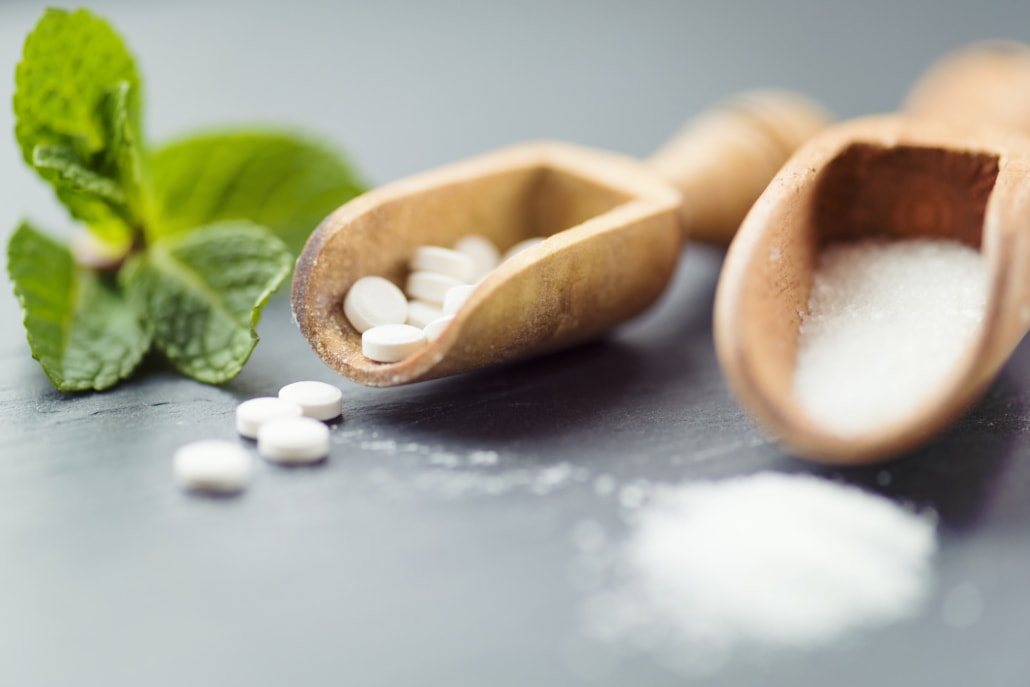
To be more specific, it is only 0.24 calories per gram. This means that Erythritol contains about 6% of the calories of regular sugar.
Additionally, the sugar alternative almost exactly tastes like sugar. Which makes it a very easy switch and option to consider.
Naturally, our bodies do not have the enzymes to effectively break down the majority of Erythritol.
Therefore, most of it is directly absorbed into our bloodstream and will eventually be excreted into our urine unchanged. In short, our system cannot digest all.
However, this is actually a good thing. It is the reason why Erythritol does not seem to have the harmful effects of regular sugar.
Furthermore, the natural sugar substitute also does not raise blood sugar. The same applies to our insulin, cholesterol, and triglyceride levels. They all remain low.
Overall, more research about Erythritol and its potential good or negative health effects still needs to be done. Because, some studies suggest that it may contribute to weight gain.
Nonetheless, Erythritol is generally considered being safe.
Many people like to use it as a sugar replacement in their diets.
Unfortunately, Erythritol can be a little bit expensive and is not always easily available. This is due to its commercial production being quite time consuming and costly.
If you get a chance to try it, please let us know your thoughts.
-
Monk Fruit Sweetener
This little, yet powerful fruit certainly belongs to the 10 best natural sugar substitutes.
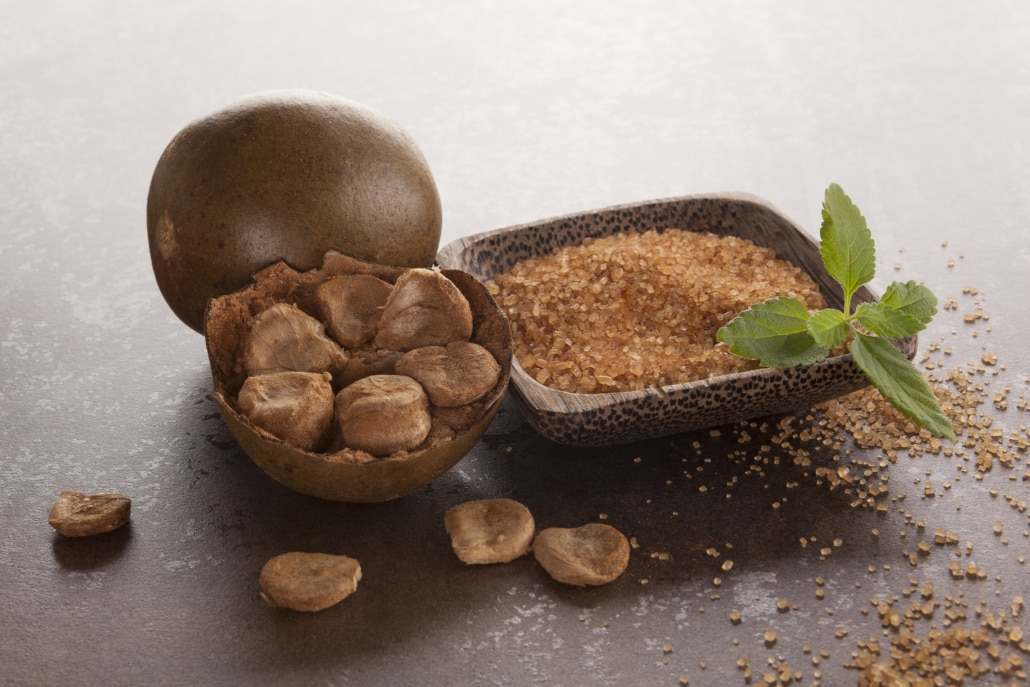
Naturally, the Monk fruit sweetener is extracted from the monk fruit. It is a small round fruit from Southeast Asia.
This sugar alternative literally contains zero calories. But at the same time, it may be 100 to 250 times sweeter than regular sugar.
Furthermore, monk fruits contain natural sugars like fructose and glucose. However, its actual sweetness is coming from its antioxidants called mogrosides.
Manufacturers separate these mogrosides from the fresh-pressed juice during processing. Simultaneously, they are also removing fructose and glucose from the monk fruit sweetener.
Studies show that monk-fruit-sweetened drinks have only minimal influence on our daily calorie intake, blood glucose levels and insulin levels. This is the case if you are comparing them to sucrose-sweetened beverages.
Commonly, you will often find products of monk fruit extract to be mixed with other sweeteners. Just make sure to read product labels before consuming.
Again and as is the case with some other sugar alternatives, more research still has to be done.
Nonetheless, health experts generally consider monk fruit sweetener to be safe and a healthy sugar alternative.
-
Yacon Syrup
Here comes another one of my favorite natural sugar substitutes.
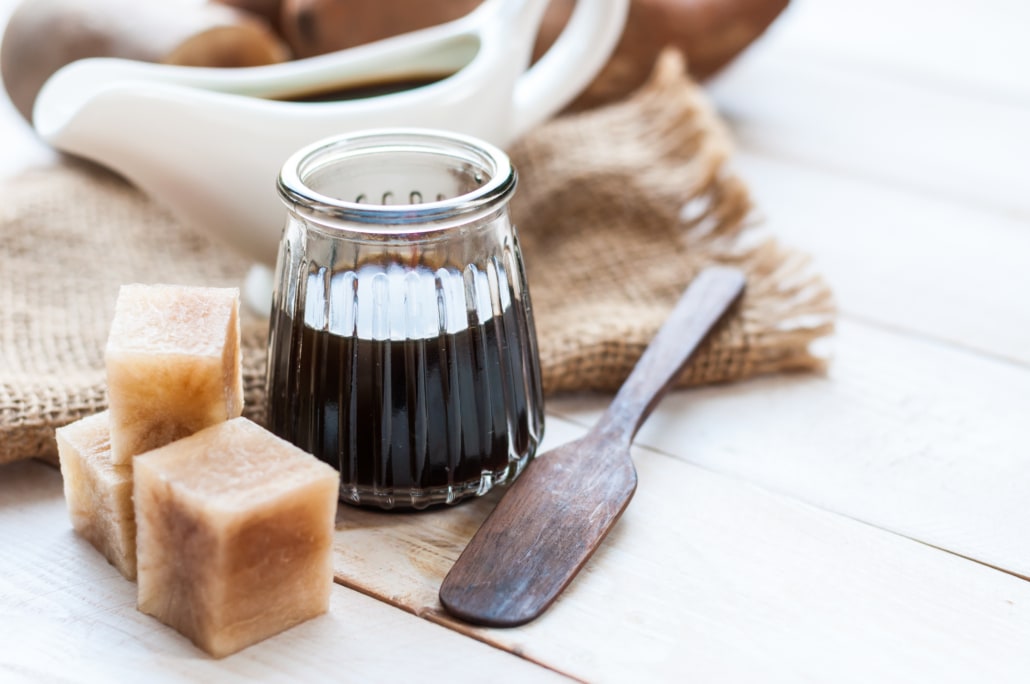
Farmers are extracting the Yacon syrup from the yacon plant. It typically grows in the regions of South America and its scientific name is Smallanthus sonchifolius.
Yacon syrup tastes sweet and is dark in color. Commonly, it has a thick consistency, which is similar to the one of molasses.
Furthermore, Yacon syrup contains between 40% to 50% of fructooligosaccharides. This is a special type of sugar molecule. Our human bodies are not able to digest it.
Due to us not being able to digest it, Yacon syrup only has one-third of the calories of regular sugar. In detail, this is about 1.3 calories per gram.
Additionally, the high content of fructooligosaccharides in Yacon syrup also comes with a variety of health benefits.
For example, it helps to reduce the glycemic index, our body weight and the risk of colon cancer.
But that’s not all. The special sugar type can also increase our feelings of satiety. In other words, it may help us feel full faster. Hence, we are more likely to eat less.
On top, it also feeds the friendly bacteria in our gut. This can be incredibly important for our overall health.
Furthermore, health experts associate having healthy gut bacteria with a decreased risk of diabetes and obesity. In addition, it also helps improving our immunity and brain function.
Overall, Yacon syrup is generally considered to be safe.
However, there are also a few health concerns to keep in mind. These may include excessive gas, diarrhea, or general digestive discomfort.
Natural Sweeteners
Many health-conscious people often like to replace their regular sugar with various natural sweeteners instead.
For example, these can include coconut sugar or honey. Other popular alternatives are maple syrup, agave syrup and molasses.
Overall, these natural sugar substitutes may have a few more nutrients than common sugar. But, our body will still process them in the same way.
In addition, I would like to make you aware that all below listed sweeteners are still forms of sugar. Generally, this only makes them slightly ‘less harmful’ than regular sugar.
-
Coconut Sugar – 10 Best Natural Sugar Substitutes
Our home is in Thailand.
So, we actually know a great deal about coconut sugar. As you can imagine, it is quite a popular ingredient for many foods here.
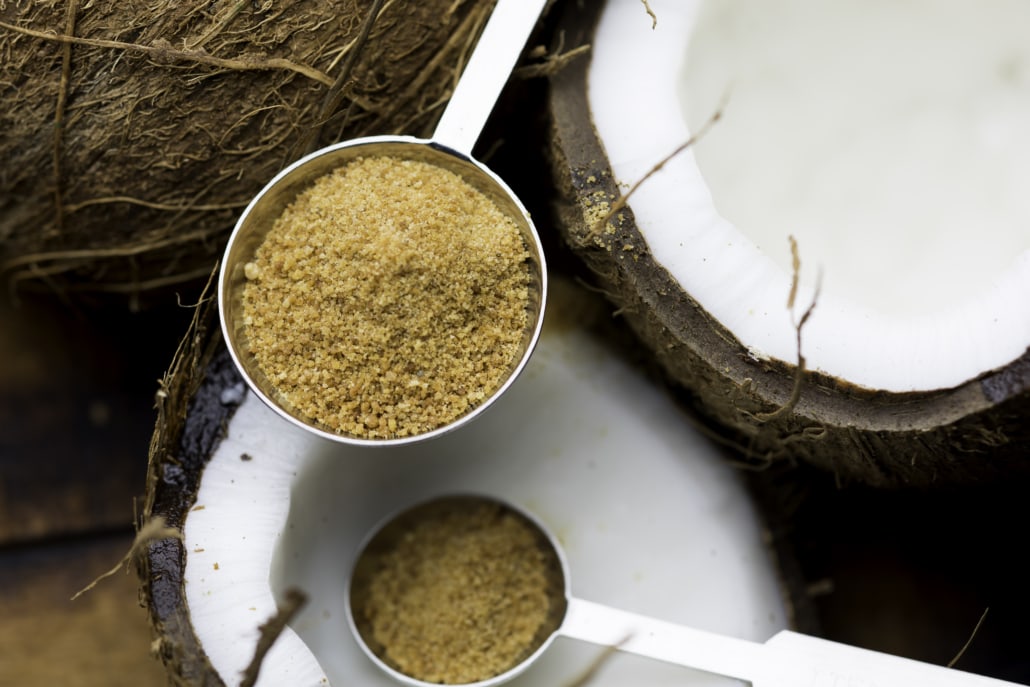
Overall, farmers will extract the coconut sugar from the sap, or ‘tree fluid’, of the coconut palm.
The natural sweetener contains a variety of nutrients. These include iron, zinc and calcium. On top, you can also find potassium, as well as antioxidants.
Furthermore, coconut sugar has a lower glycemic index than sugar. This may be partly due to its insulin content.
Generally speaking, insulin is a type of soluble fiber.
Studies have shown that it can slow down digestion, for example. Insulin can also increase feelings of fullness. And, it can feed the healthy bacteria in our gut.
But nonetheless, coconut sugar is still very high in calories. In fact, it contains the same number of calories per serving as common sugar.
Additionally, the sugar alternative is also very high in fructose. As you may remember, fructose is actually the main reason why regular sugar is considered unhealthy in the first place.
To sum up, coconut sugar is very similar to common table sugar.
It may contain small amounts of fiber and nutrients. But, the alternative is also high in fructose. Therefore, we should consume it in moderation.
-
Honey
Who doesn’t like honey, right?
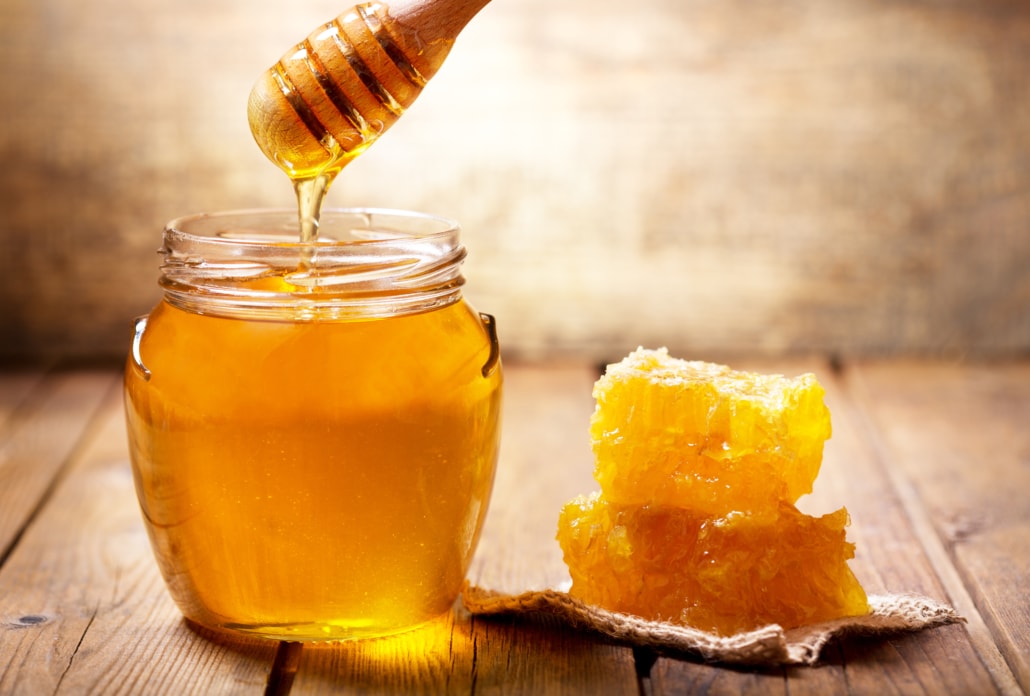
The vast majority of people probably knows our next option of best natural sugar substitutes very well already.
Besides regular sugar, honey is likely the most popular sweetener worldwide. It not only looks gorgeous but even tastes more delicious.
In short, honey is a thick and golden liquid. And, we all know that little hard-working honey bees are naturally producing it.
This natural sweetener carries smaller amounts of vitamins and minerals. And, it contains an abundance of beneficial antioxidants.
Especially the phenolic acids and flavonoids in honey are responsible for its antioxidant activity. This can help to prevent diabetes, inflammation, heart disease and cancer.
Over the recent years, quite a lot of studies tried to establish clear links between honey and weight loss. As well as that it causes to decrease glucose levels and reduce hyperglycemia.
However, more studies still need to be done here as well. There are no clear patterns established yet.
Nonetheless, honey seems to have several promising health benefits. But, again, it also contains fructose, which can lead to various health risks.
To sum up, honey is still sugar. Therefore, it is not completely harmless and should not be consumed excessively.
-
Maple Syrup – 10 Best Natural Sugar Substitutes
Many people find maple syrup to be the logic alternative for honey.
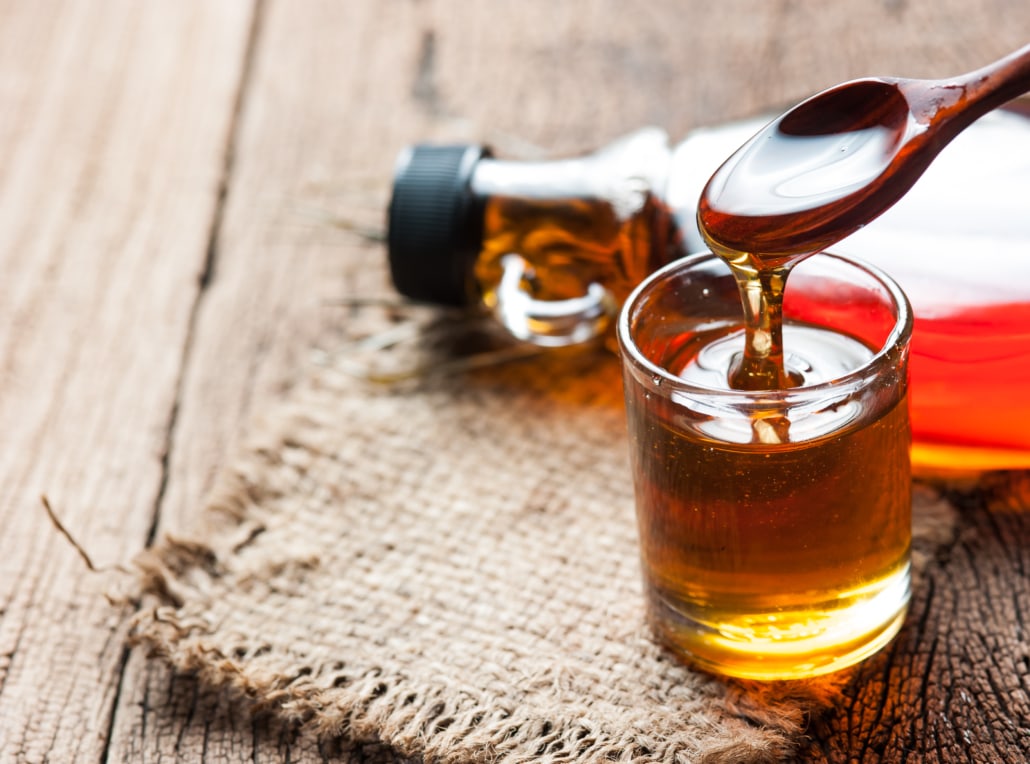
Both of these sugar alternatives are quite similar. Typically, maple syrup is a thick and sugary liquid. It is commonly made by cooking down the sap, or ‘tree fluid’, of maple trees.
Overall, maple syrup comes with a decent amount of minerals. These include calcium, potassium, iron, zinc, and manganese.
Compared to honey, it also contains more antioxidants.
In addition, this natural sweetener is relatively rich in oligosaccharides. We already mentioned this special type of sugar compound earlier.
Scientifically speaking, it is a type of carb, which is formed by several simple sugars. Furthermore, in maple syrup, it is most likely responsible for the lowered plasma glucose concentrations.
Studies have shown the oligosaccharides to be also effective against type 2 diabetes.
On top, other reports suggest that maple syrup may have anti-cancer properties. But as for the majority of best natural sugar substitutes on our list. More research also has to be done in this case as well.
Even though maple syrup may have some beneficial nutrients and antioxidants. The natural sweetener is however still very high in sugar.
It has a slightly lower glycemic index than common sugar. Hence, maple syrup may not raise blood sugar levels as quickly as regular sugar. Nonetheless, it will eventually still raise them.
In general, you could say that maple syrup is in the same category with coconut sugar and honey.
All of these three natural sugar types are a slightly better option than normal sugar. However, you should still limit and moderate your intake.
-
Molasses
Not every person may know molasses, yet. But, it certainly is one of the 10 best natural sugar substitutes.
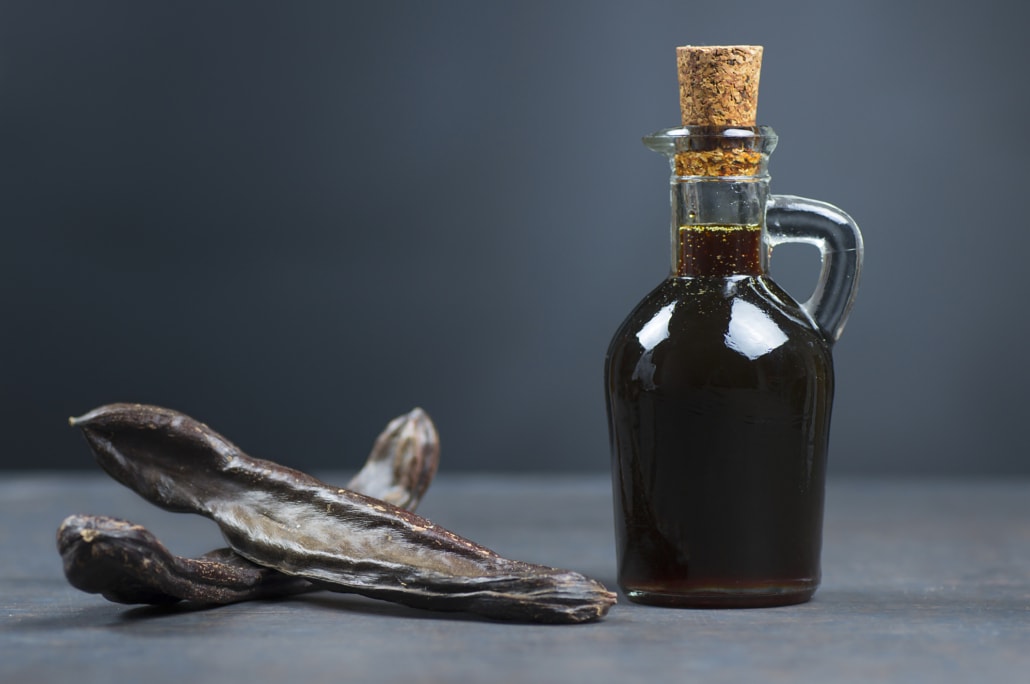
Typically, molasses is a sweet and brown liquid. Furthermore, it commonly has a thick and syrup-like consistency.
Manufacturers usually make it by boiling down sugar cane or sugar beet juice.
This natural sweetener contains a respectable amount of vitamins and minerals. On top, it also comes with several antioxidants.
In addition, molasses is high in iron, potassium and calcium. Therefore, it may help supporting bone and heart health.
Overall, one can certainly say that molasses makes a very fine replacement for refined sugar.
However, please try to keep your consumption moderate as well. Because, it is still a form of sugar.
-
Date Paste – 10 Best Natural Sugar Substitutes
Over the recent years, dates have become quite popular.

They are the natural fruit of the date palm tree. It is growing in many tropical regions around the world.
Dates are particularly rich in fiber, minerals and vitamins.
Therefore, using date paste as a natural sweetener for your recipes can add more nutritional value to your diet than possibly using common sugar instead.
Indeed, it is actually quite easy to make your own date paste at home.
All you need is a blender. Fill it with ¾ cup of water, ½ teaspoon of vanilla extract, and about 1 cup of warm, pitted dates. Mix everything and let it rest for a while, before consuming.
Maybe you can try and let us know your thoughts.
Sugar Alternatives to Avoid
There you go. We have just completed our list of 10 best natural sugar substitutes.
Many times, you will also find our next two sugar alternatives on recommended lists. However, some alternative sweeteners may eventually cause more harm than do good.
In fact, they may even be more dangerous than regular sugar.
Our below two options are sugar substitutes you should maybe better try to avoid.
-
Agave Nectar
Typically, agave nectar is produced by the agave plant.
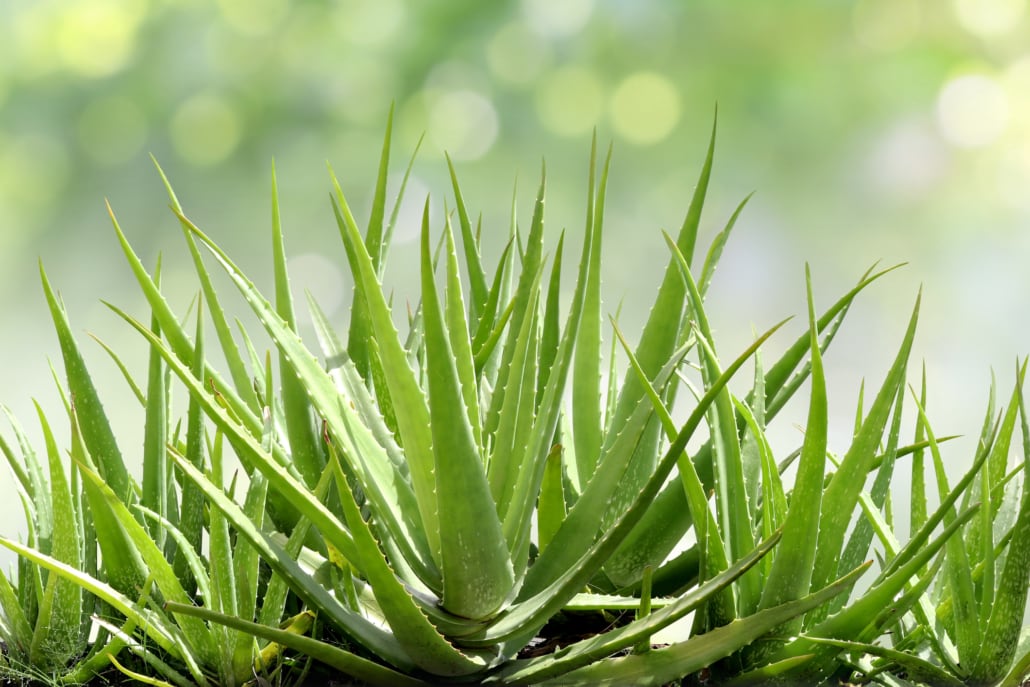
Often, you can find it as a product marketed as a healthy alternative to sugar. However, it is probably rather the opposite.
In fact, agave nectar is probably one of the unhealthiest sweeteners on the market.
This sugar alternative usually consists of 85% fructose. Compared to regular sugar, this is much higher.
As we highlighted a few times already, high amounts of fructose are strongly associated with obesity and other serious diseases.
So, you may want to stay away from agave nectar. There are many other great alternatives to choose from instead.
-
High Fructose Corn Syrup
Many people have been praising this sweetener. But, this may not be justified.
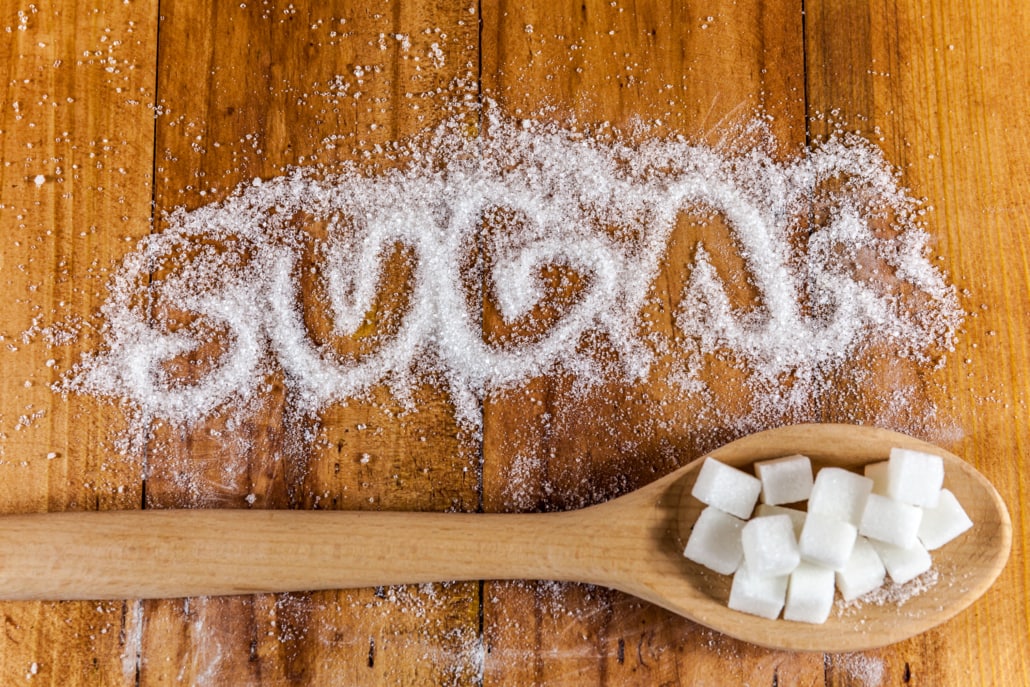
Commonly, high fructose corn syrup (HFCS) is a sweetener made from corn syrup.
You can find it as added sweetener in many processed foods and soft drinks. It’s also commonly found in sauces, salad dressings and other kitchen food items that you may be cooking with.
As its name already suggests, it is very high in fructose.
We already pointed out that fructose can increase your risk of weight gain, obesity, diabetes and other serious diseases like cancer.
Therefore, it can be equally as harmful as sugar.
Consequently, you should probably not consider it as a healthy alternative. So, I am recommending to better avoid it as well.
The Bottom Line – 10 Best Natural Sugar Substitutes
At the end of day, it all depends on each one of us, right?
Maybe you can try some of these 10 best natural substitutes from this article. They can certainly help you reducing your overall sugar consumption.
However, please keep in mind. These sugar alternatives are not the magical answer to everything.
Yes, they may help reducing or preventing common health problems associated with sugar. Nonetheless, you should still consume limited and moderate amounts of them as well.
It is the way we treat our bodies and minds. And, what kind of habits and preferences we do have in our own daily lives.
For example, coffee alone has many great health benefits. Some people even claim that it makes us happier and live longer.
It is rather additional ingredients like sugar and its excessive consumption that may cause issues.
Healthy people can eat sugar in small amounts without any harm. But higher amounts can eventually become critical for any of us.
The sweeteners in this article are good alternatives. Probably the best one is Stevia. This would then be followed by Xylitol, Erythritol and Yacon syrup.
Additionally, there are also the natural sweeteners like maple syrup, molasses and honey. Overall, they are less harmful than regular sugar. They even come with some health benefits.
Yet, you should still however use them in a limited way. As with most things in nutrition. Moderation is always key.
So, how about you?
How do you usually sweeten up things? What type of sweeteners do you usually use and how much?
Have you tried any of the above already?
Feel free to share your sweet experiences with us.
Until then, stay safe and healthy.
Thank you!
Related Posts
 https://www.siamhillscoffee.com/wp-content/uploads/What-is-Caffeine-–-Is-it-Good-or-Bad-for-Your-Health-–-1.jpg
1414
2121
Siamhillscoffee
https://www.siamhillscoffee.com/wp-content/uploads/coffee-logo.png
Siamhillscoffee2021-04-25 11:19:442021-04-25 11:19:44What is Caffeine? – Is it Good or Bad for Your Health –
https://www.siamhillscoffee.com/wp-content/uploads/What-is-Caffeine-–-Is-it-Good-or-Bad-for-Your-Health-–-1.jpg
1414
2121
Siamhillscoffee
https://www.siamhillscoffee.com/wp-content/uploads/coffee-logo.png
Siamhillscoffee2021-04-25 11:19:442021-04-25 11:19:44What is Caffeine? – Is it Good or Bad for Your Health – https://www.siamhillscoffee.com/wp-content/uploads/How-Much-Caffeine-is-in-a-Cup-of-Coffee-All-You-Need-to-Know-–-1.jpg
1414
2121
Siamhillscoffee
https://www.siamhillscoffee.com/wp-content/uploads/coffee-logo.png
Siamhillscoffee2021-04-25 11:10:082021-04-25 11:10:08How Much Caffeine is in a Cup of Coffee – All You Need to Know –
https://www.siamhillscoffee.com/wp-content/uploads/How-Much-Caffeine-is-in-a-Cup-of-Coffee-All-You-Need-to-Know-–-1.jpg
1414
2121
Siamhillscoffee
https://www.siamhillscoffee.com/wp-content/uploads/coffee-logo.png
Siamhillscoffee2021-04-25 11:10:082021-04-25 11:10:08How Much Caffeine is in a Cup of Coffee – All You Need to Know – https://www.siamhillscoffee.com/wp-content/uploads/Coffee-and-Antioxidants-A-Complete-Overview-–-1.jpg
1413
2122
Siamhillscoffee
https://www.siamhillscoffee.com/wp-content/uploads/coffee-logo.png
Siamhillscoffee2021-03-14 03:52:072021-03-14 03:52:07Coffee and Antioxidants – A Complete Overview –
https://www.siamhillscoffee.com/wp-content/uploads/Coffee-and-Antioxidants-A-Complete-Overview-–-1.jpg
1413
2122
Siamhillscoffee
https://www.siamhillscoffee.com/wp-content/uploads/coffee-logo.png
Siamhillscoffee2021-03-14 03:52:072021-03-14 03:52:07Coffee and Antioxidants – A Complete Overview – https://www.siamhillscoffee.com/wp-content/uploads/Caffeine-Overdose-–-A-Review-on-How-Much-is-Too-Much-–-1.jpg
1414
2121
Siamhillscoffee
https://www.siamhillscoffee.com/wp-content/uploads/coffee-logo.png
Siamhillscoffee2021-03-14 03:44:312021-03-14 03:44:31Caffeine Overdose – A Review on How Much is Too Much –
https://www.siamhillscoffee.com/wp-content/uploads/Caffeine-Overdose-–-A-Review-on-How-Much-is-Too-Much-–-1.jpg
1414
2121
Siamhillscoffee
https://www.siamhillscoffee.com/wp-content/uploads/coffee-logo.png
Siamhillscoffee2021-03-14 03:44:312021-03-14 03:44:31Caffeine Overdose – A Review on How Much is Too Much – https://www.siamhillscoffee.com/wp-content/uploads/Lose-Weight-with-Coffee-–-Does-Coffee-Help-Burning-Fat-–-1.jpg
1412
2122
Siamhillscoffee
https://www.siamhillscoffee.com/wp-content/uploads/coffee-logo.png
Siamhillscoffee2021-03-14 03:34:242021-03-14 03:34:24Lose Weight with Coffee – Does Coffee Help Burning Fat? –
https://www.siamhillscoffee.com/wp-content/uploads/Lose-Weight-with-Coffee-–-Does-Coffee-Help-Burning-Fat-–-1.jpg
1412
2122
Siamhillscoffee
https://www.siamhillscoffee.com/wp-content/uploads/coffee-logo.png
Siamhillscoffee2021-03-14 03:34:242021-03-14 03:34:24Lose Weight with Coffee – Does Coffee Help Burning Fat? –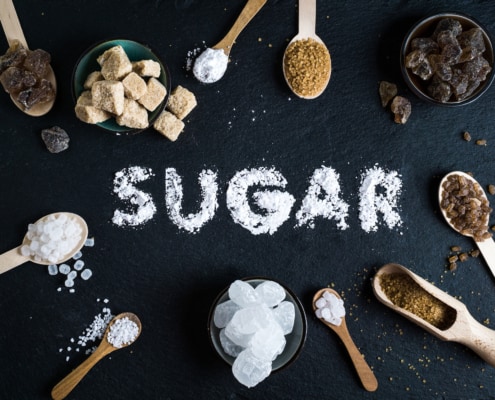 https://www.siamhillscoffee.com/wp-content/uploads/Natural-Coffee-Sweeteners-–-Best-Natural-Sugar-Substitutes-For-You-–-1.jpg
1502
1997
Siamhillscoffee
https://www.siamhillscoffee.com/wp-content/uploads/coffee-logo.png
Siamhillscoffee2021-02-20 05:43:182021-03-03 07:41:19Natural Coffee Sweeteners – Best Natural Sugar Substitutes For You –
https://www.siamhillscoffee.com/wp-content/uploads/Natural-Coffee-Sweeteners-–-Best-Natural-Sugar-Substitutes-For-You-–-1.jpg
1502
1997
Siamhillscoffee
https://www.siamhillscoffee.com/wp-content/uploads/coffee-logo.png
Siamhillscoffee2021-02-20 05:43:182021-03-03 07:41:19Natural Coffee Sweeteners – Best Natural Sugar Substitutes For You –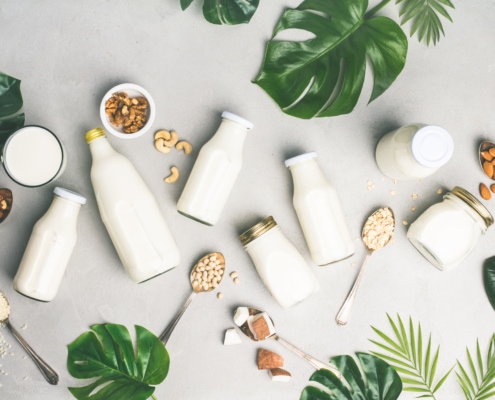 https://www.siamhillscoffee.com/wp-content/uploads/Great-Milk-Alternatives-–-Your-9-Best-Nondairy-Substitutes-for-Milk-–-1-scaled.jpg
1707
2560
Siamhillscoffee
https://www.siamhillscoffee.com/wp-content/uploads/coffee-logo.png
Siamhillscoffee2021-02-20 05:26:492021-03-03 10:47:18Great Milk Alternatives – Your 9 Best Nondairy Substitutes for Milk –
https://www.siamhillscoffee.com/wp-content/uploads/Great-Milk-Alternatives-–-Your-9-Best-Nondairy-Substitutes-for-Milk-–-1-scaled.jpg
1707
2560
Siamhillscoffee
https://www.siamhillscoffee.com/wp-content/uploads/coffee-logo.png
Siamhillscoffee2021-02-20 05:26:492021-03-03 10:47:18Great Milk Alternatives – Your 9 Best Nondairy Substitutes for Milk – https://www.siamhillscoffee.com/wp-content/uploads/Make-Your-Coffee-Healthy-–-Best-10-Ways-For-A-Better-Coffee-Experience-–-1.jpg
1414
2121
Siamhillscoffee
https://www.siamhillscoffee.com/wp-content/uploads/coffee-logo.png
Siamhillscoffee2021-02-12 08:13:182021-03-03 10:57:16Make Your Coffee Healthy – Best 10 Ways For A Better Coffee Experience –
https://www.siamhillscoffee.com/wp-content/uploads/Make-Your-Coffee-Healthy-–-Best-10-Ways-For-A-Better-Coffee-Experience-–-1.jpg
1414
2121
Siamhillscoffee
https://www.siamhillscoffee.com/wp-content/uploads/coffee-logo.png
Siamhillscoffee2021-02-12 08:13:182021-03-03 10:57:16Make Your Coffee Healthy – Best 10 Ways For A Better Coffee Experience – https://www.siamhillscoffee.com/wp-content/uploads/10-Best-Ways-to-Eat-Less-Sugar-–-How-to-Cut-Down-on-Sugar-–-1-scaled.jpg
1709
2560
Siamhillscoffee
https://www.siamhillscoffee.com/wp-content/uploads/coffee-logo.png
Siamhillscoffee2021-02-12 08:07:142021-03-03 10:58:4810 Best Ways to Eat Less Sugar – How to Cut Down on Sugar –
https://www.siamhillscoffee.com/wp-content/uploads/10-Best-Ways-to-Eat-Less-Sugar-–-How-to-Cut-Down-on-Sugar-–-1-scaled.jpg
1709
2560
Siamhillscoffee
https://www.siamhillscoffee.com/wp-content/uploads/coffee-logo.png
Siamhillscoffee2021-02-12 08:07:142021-03-03 10:58:4810 Best Ways to Eat Less Sugar – How to Cut Down on Sugar – https://www.siamhillscoffee.com/wp-content/uploads/Decaf-Coffee-–-Is-Decaffeinated-Coffee-Good-or-Bad-–-1.jpg
1415
2120
Siamhillscoffee
https://www.siamhillscoffee.com/wp-content/uploads/coffee-logo.png
Siamhillscoffee2021-02-12 07:57:572021-03-03 11:01:42Decaf Coffee – Is Decaffeinated Coffee Good or Bad? –
https://www.siamhillscoffee.com/wp-content/uploads/Decaf-Coffee-–-Is-Decaffeinated-Coffee-Good-or-Bad-–-1.jpg
1415
2120
Siamhillscoffee
https://www.siamhillscoffee.com/wp-content/uploads/coffee-logo.png
Siamhillscoffee2021-02-12 07:57:572021-03-03 11:01:42Decaf Coffee – Is Decaffeinated Coffee Good or Bad? – https://www.siamhillscoffee.com/wp-content/uploads/Coffee-Acidity-–-Everything-You-Need-to-Know-–-1-scaled.jpg
1707
2560
Siamhillscoffee
https://www.siamhillscoffee.com/wp-content/uploads/coffee-logo.png
Siamhillscoffee2021-02-12 07:52:442021-03-03 11:02:58Coffee Acidity – Everything You Need to Know –
https://www.siamhillscoffee.com/wp-content/uploads/Coffee-Acidity-–-Everything-You-Need-to-Know-–-1-scaled.jpg
1707
2560
Siamhillscoffee
https://www.siamhillscoffee.com/wp-content/uploads/coffee-logo.png
Siamhillscoffee2021-02-12 07:52:442021-03-03 11:02:58Coffee Acidity – Everything You Need to Know –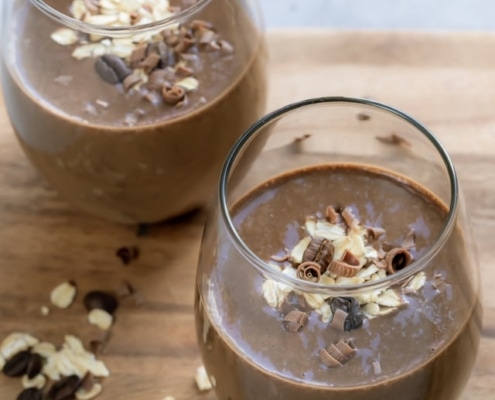 https://www.siamhillscoffee.com/wp-content/uploads/10-Best-Coffee-Protein-Shakes-–-Make-Your-Morning-Better-–-1.jpg
960
640
Siamhillscoffee
https://www.siamhillscoffee.com/wp-content/uploads/coffee-logo.png
Siamhillscoffee2021-02-12 07:48:282021-03-03 11:04:1910 Best Coffee Protein Shakes – Make Your Morning Better –
https://www.siamhillscoffee.com/wp-content/uploads/10-Best-Coffee-Protein-Shakes-–-Make-Your-Morning-Better-–-1.jpg
960
640
Siamhillscoffee
https://www.siamhillscoffee.com/wp-content/uploads/coffee-logo.png
Siamhillscoffee2021-02-12 07:48:282021-03-03 11:04:1910 Best Coffee Protein Shakes – Make Your Morning Better – https://www.siamhillscoffee.com/wp-content/uploads/We-Love-Coffee-–-10-Best-Reasons-Why-Coffee-is-Good-For-You-1-scaled.jpg
1707
2560
Siamhillscoffee
https://www.siamhillscoffee.com/wp-content/uploads/coffee-logo.png
Siamhillscoffee2021-02-12 07:43:082021-03-03 11:05:47We Love Coffee – 10 Best Reasons Why Coffee is Good For You –
https://www.siamhillscoffee.com/wp-content/uploads/We-Love-Coffee-–-10-Best-Reasons-Why-Coffee-is-Good-For-You-1-scaled.jpg
1707
2560
Siamhillscoffee
https://www.siamhillscoffee.com/wp-content/uploads/coffee-logo.png
Siamhillscoffee2021-02-12 07:43:082021-03-03 11:05:47We Love Coffee – 10 Best Reasons Why Coffee is Good For You – https://www.siamhillscoffee.com/wp-content/uploads/What-is-Chicory-Coffee-–-A-Healthy-Alternative-to-Coffee-or-Not-–-1-scaled.jpg
1747
2560
Siamhillscoffee
https://www.siamhillscoffee.com/wp-content/uploads/coffee-logo.png
Siamhillscoffee2021-02-12 07:37:062021-03-03 11:06:59What is Chicory Coffee? – A Healthy Alternative to Coffee or Not –
https://www.siamhillscoffee.com/wp-content/uploads/What-is-Chicory-Coffee-–-A-Healthy-Alternative-to-Coffee-or-Not-–-1-scaled.jpg
1747
2560
Siamhillscoffee
https://www.siamhillscoffee.com/wp-content/uploads/coffee-logo.png
Siamhillscoffee2021-02-12 07:37:062021-03-03 11:06:59What is Chicory Coffee? – A Healthy Alternative to Coffee or Not –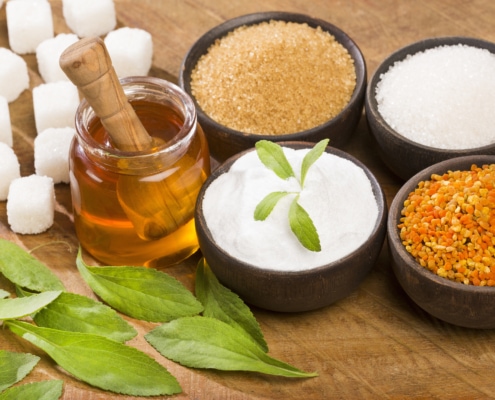 https://www.siamhillscoffee.com/wp-content/uploads/10-Best-Natural-Sugar-Substitutes-–-Your-Healthier-Sugar-Alternatives-to-Try-–-1-scaled.jpg
1707
2560
Siamhillscoffee
https://www.siamhillscoffee.com/wp-content/uploads/coffee-logo.png
Siamhillscoffee2021-02-12 07:32:372021-03-03 11:08:1810 Best Natural Sugar Substitutes – Your Healthier Sugar Alternatives to Try –
https://www.siamhillscoffee.com/wp-content/uploads/10-Best-Natural-Sugar-Substitutes-–-Your-Healthier-Sugar-Alternatives-to-Try-–-1-scaled.jpg
1707
2560
Siamhillscoffee
https://www.siamhillscoffee.com/wp-content/uploads/coffee-logo.png
Siamhillscoffee2021-02-12 07:32:372021-03-03 11:08:1810 Best Natural Sugar Substitutes – Your Healthier Sugar Alternatives to Try – https://www.siamhillscoffee.com/wp-content/uploads/Caffeine-Withdrawal-and-Headaches-–-7-Tips-for-Relief-and-More-–-1-scaled.jpg
1707
2560
Siamhillscoffee
https://www.siamhillscoffee.com/wp-content/uploads/coffee-logo.png
Siamhillscoffee2021-02-12 07:16:582021-03-03 11:12:51Caffeine Withdrawal and Headaches – 7 Tips for Relief and More –
https://www.siamhillscoffee.com/wp-content/uploads/Caffeine-Withdrawal-and-Headaches-–-7-Tips-for-Relief-and-More-–-1-scaled.jpg
1707
2560
Siamhillscoffee
https://www.siamhillscoffee.com/wp-content/uploads/coffee-logo.png
Siamhillscoffee2021-02-12 07:16:582021-03-03 11:12:51Caffeine Withdrawal and Headaches – 7 Tips for Relief and More – https://www.siamhillscoffee.com/wp-content/uploads/20-Best-Ground-Coffee-Recipes-9.jpg
896
640
Siamhillscoffee
https://www.siamhillscoffee.com/wp-content/uploads/coffee-logo.png
Siamhillscoffee2021-02-12 07:10:502021-03-03 11:14:2220 Best Ground Coffee Recipes – Make Delicious Food With Coffee –
https://www.siamhillscoffee.com/wp-content/uploads/20-Best-Ground-Coffee-Recipes-9.jpg
896
640
Siamhillscoffee
https://www.siamhillscoffee.com/wp-content/uploads/coffee-logo.png
Siamhillscoffee2021-02-12 07:10:502021-03-03 11:14:2220 Best Ground Coffee Recipes – Make Delicious Food With Coffee –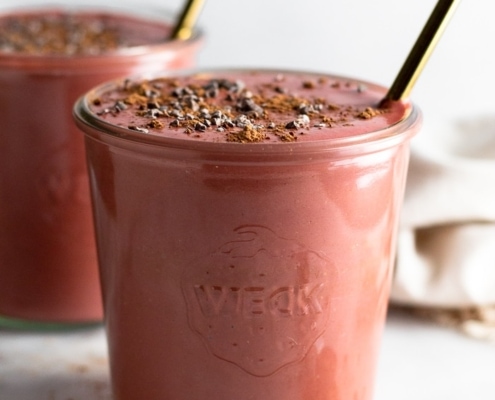 https://www.siamhillscoffee.com/wp-content/uploads/15-Great-Coffee-Breakfast-Smoothies-–-Simply-Delicious-Ways-to-Boost-Your-Morning-–14.jpg
1050
700
Siamhillscoffee
https://www.siamhillscoffee.com/wp-content/uploads/coffee-logo.png
Siamhillscoffee2021-02-12 06:52:492021-03-03 11:46:4615 Great Coffee Breakfast Smoothies – Delicious Ways to Boost Your Morning –
https://www.siamhillscoffee.com/wp-content/uploads/15-Great-Coffee-Breakfast-Smoothies-–-Simply-Delicious-Ways-to-Boost-Your-Morning-–14.jpg
1050
700
Siamhillscoffee
https://www.siamhillscoffee.com/wp-content/uploads/coffee-logo.png
Siamhillscoffee2021-02-12 06:52:492021-03-03 11:46:4615 Great Coffee Breakfast Smoothies – Delicious Ways to Boost Your Morning – https://www.siamhillscoffee.com/wp-content/uploads/Caffeine-Improves-Exercise-Performance-–-Does-Coffee-Make-Fit-–-1-scaled.jpg
1707
2560
Siamhillscoffee
https://www.siamhillscoffee.com/wp-content/uploads/coffee-logo.png
Siamhillscoffee2021-02-12 05:58:522021-03-03 11:49:58Caffeine Improves Exercise Performance – Does Coffee Make Fit? –
https://www.siamhillscoffee.com/wp-content/uploads/Caffeine-Improves-Exercise-Performance-–-Does-Coffee-Make-Fit-–-1-scaled.jpg
1707
2560
Siamhillscoffee
https://www.siamhillscoffee.com/wp-content/uploads/coffee-logo.png
Siamhillscoffee2021-02-12 05:58:522021-03-03 11:49:58Caffeine Improves Exercise Performance – Does Coffee Make Fit? – https://www.siamhillscoffee.com/wp-content/uploads/Is-Coffee-Addictive-–-A-Critical-Look-at-Coffee-and-Caffeine-–-1-scaled.jpg
1707
2560
Siamhillscoffee
https://www.siamhillscoffee.com/wp-content/uploads/coffee-logo.png
Siamhillscoffee2021-02-12 05:38:012021-03-03 11:55:00Is Coffee Addictive? – A Critical Look at Coffee and Caffeine –
https://www.siamhillscoffee.com/wp-content/uploads/Is-Coffee-Addictive-–-A-Critical-Look-at-Coffee-and-Caffeine-–-1-scaled.jpg
1707
2560
Siamhillscoffee
https://www.siamhillscoffee.com/wp-content/uploads/coffee-logo.png
Siamhillscoffee2021-02-12 05:38:012021-03-03 11:55:00Is Coffee Addictive? – A Critical Look at Coffee and Caffeine – https://www.siamhillscoffee.com/wp-content/uploads/Caffeine-and-Migraines-–-Does-Caffeine-Trigger-or-Treat-Migraines-–-2-scaled.jpg
1707
2560
Siamhillscoffee
https://www.siamhillscoffee.com/wp-content/uploads/coffee-logo.png
Siamhillscoffee2021-02-12 05:06:562021-03-03 12:03:40Caffeine and Migraines – Does Caffeine Trigger or Treat Migraines –
https://www.siamhillscoffee.com/wp-content/uploads/Caffeine-and-Migraines-–-Does-Caffeine-Trigger-or-Treat-Migraines-–-2-scaled.jpg
1707
2560
Siamhillscoffee
https://www.siamhillscoffee.com/wp-content/uploads/coffee-logo.png
Siamhillscoffee2021-02-12 05:06:562021-03-03 12:03:40Caffeine and Migraines – Does Caffeine Trigger or Treat Migraines – https://www.siamhillscoffee.com/wp-content/uploads/Caffeine-And-Your-Body-Everything-to-Know-About-Caffeine-Effects-–-2-scaled.jpg
1707
2560
Siamhillscoffee
https://www.siamhillscoffee.com/wp-content/uploads/coffee-logo.png
Siamhillscoffee2021-02-12 04:44:592021-03-03 12:09:01Caffeine And Your Body – Everything to Know About Caffeine Effects –
https://www.siamhillscoffee.com/wp-content/uploads/Caffeine-And-Your-Body-Everything-to-Know-About-Caffeine-Effects-–-2-scaled.jpg
1707
2560
Siamhillscoffee
https://www.siamhillscoffee.com/wp-content/uploads/coffee-logo.png
Siamhillscoffee2021-02-12 04:44:592021-03-03 12:09:01Caffeine And Your Body – Everything to Know About Caffeine Effects – https://www.siamhillscoffee.com/wp-content/uploads/How-To-Open-A-Coffee-Shop-The-10-Most-Important-Steps-1-scaled.jpg
1708
2560
Siamhillscoffee
https://www.siamhillscoffee.com/wp-content/uploads/coffee-logo.png
Siamhillscoffee2021-02-12 04:37:232021-03-03 12:10:33How To Open A Coffee Shop – The 10 Most Important Steps
https://www.siamhillscoffee.com/wp-content/uploads/How-To-Open-A-Coffee-Shop-The-10-Most-Important-Steps-1-scaled.jpg
1708
2560
Siamhillscoffee
https://www.siamhillscoffee.com/wp-content/uploads/coffee-logo.png
Siamhillscoffee2021-02-12 04:37:232021-03-03 12:10:33How To Open A Coffee Shop – The 10 Most Important Steps https://www.siamhillscoffee.com/wp-content/uploads/How-To-Sell-Coffee-Online-–-Open-Your-Own-Online-Coffee-Shop-1-scaled.jpg
1697
2560
Siamhillscoffee
https://www.siamhillscoffee.com/wp-content/uploads/coffee-logo.png
Siamhillscoffee2021-02-12 04:32:292021-03-03 12:12:06How To Sell Coffee Online – Open Your Own Online Coffee Shop
https://www.siamhillscoffee.com/wp-content/uploads/How-To-Sell-Coffee-Online-–-Open-Your-Own-Online-Coffee-Shop-1-scaled.jpg
1697
2560
Siamhillscoffee
https://www.siamhillscoffee.com/wp-content/uploads/coffee-logo.png
Siamhillscoffee2021-02-12 04:32:292021-03-03 12:12:06How To Sell Coffee Online – Open Your Own Online Coffee Shop https://www.siamhillscoffee.com/wp-content/uploads/Caffeine-and-Depression-Does-Caffeine-Help-with-Depression-–-1-scaled.jpg
1707
2560
Siamhillscoffee
https://www.siamhillscoffee.com/wp-content/uploads/coffee-logo.png
Siamhillscoffee2021-02-12 04:23:222021-03-03 12:13:42Caffeine and Depression – Does Caffeine Help with Depression? –
https://www.siamhillscoffee.com/wp-content/uploads/Caffeine-and-Depression-Does-Caffeine-Help-with-Depression-–-1-scaled.jpg
1707
2560
Siamhillscoffee
https://www.siamhillscoffee.com/wp-content/uploads/coffee-logo.png
Siamhillscoffee2021-02-12 04:23:222021-03-03 12:13:42Caffeine and Depression – Does Caffeine Help with Depression? –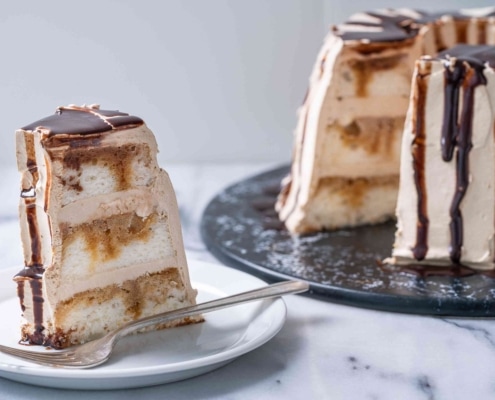 https://www.siamhillscoffee.com/wp-content/uploads/20-Best-Coffee-Dessert-Recipes-–-Your-Perfectly-Delicious-Coffee-Treat-–-1-scaled.jpg
1708
2560
Siamhillscoffee
https://www.siamhillscoffee.com/wp-content/uploads/coffee-logo.png
Siamhillscoffee2021-02-12 04:13:312021-03-03 12:17:1120 Best Coffee Dessert Recipes – Your Perfectly Delicious Coffee Treat –
https://www.siamhillscoffee.com/wp-content/uploads/20-Best-Coffee-Dessert-Recipes-–-Your-Perfectly-Delicious-Coffee-Treat-–-1-scaled.jpg
1708
2560
Siamhillscoffee
https://www.siamhillscoffee.com/wp-content/uploads/coffee-logo.png
Siamhillscoffee2021-02-12 04:13:312021-03-03 12:17:1120 Best Coffee Dessert Recipes – Your Perfectly Delicious Coffee Treat – https://www.siamhillscoffee.com/wp-content/uploads/Coffee-and-Caffeine-–-How-Much-Caffeine-is-Okay-for-You-–-1-scaled.jpg
1709
2560
Siamhillscoffee
https://www.siamhillscoffee.com/wp-content/uploads/coffee-logo.png
Siamhillscoffee2021-02-12 03:54:492021-03-03 12:25:58Coffee and Caffeine – How Much Caffeine is Okay for You? –
https://www.siamhillscoffee.com/wp-content/uploads/Coffee-and-Caffeine-–-How-Much-Caffeine-is-Okay-for-You-–-1-scaled.jpg
1709
2560
Siamhillscoffee
https://www.siamhillscoffee.com/wp-content/uploads/coffee-logo.png
Siamhillscoffee2021-02-12 03:54:492021-03-03 12:25:58Coffee and Caffeine – How Much Caffeine is Okay for You? – https://www.siamhillscoffee.com/wp-content/uploads/Make-Your-Coffee-Better-–-6-Fun-Ways-to-Boost-Your-Coffee-–-1-scaled.jpg
1709
2560
Siamhillscoffee
https://www.siamhillscoffee.com/wp-content/uploads/coffee-logo.png
Siamhillscoffee2021-02-12 03:45:112021-03-03 12:29:07Make Your Coffee Better – 6 Fun Ways to Boost Your Coffee –
https://www.siamhillscoffee.com/wp-content/uploads/Make-Your-Coffee-Better-–-6-Fun-Ways-to-Boost-Your-Coffee-–-1-scaled.jpg
1709
2560
Siamhillscoffee
https://www.siamhillscoffee.com/wp-content/uploads/coffee-logo.png
Siamhillscoffee2021-02-12 03:45:112021-03-03 12:29:07Make Your Coffee Better – 6 Fun Ways to Boost Your Coffee – https://www.siamhillscoffee.com/wp-content/uploads/Eating-Coffee-Beans-–-Yummy-Healthy-or-Stupid-–-1.jpg
1414
2121
Siamhillscoffee
https://www.siamhillscoffee.com/wp-content/uploads/coffee-logo.png
Siamhillscoffee2021-02-12 03:04:352021-03-03 12:37:32Eating Coffee Beans – Yummy, Healthy or Stupid –
https://www.siamhillscoffee.com/wp-content/uploads/Eating-Coffee-Beans-–-Yummy-Healthy-or-Stupid-–-1.jpg
1414
2121
Siamhillscoffee
https://www.siamhillscoffee.com/wp-content/uploads/coffee-logo.png
Siamhillscoffee2021-02-12 03:04:352021-03-03 12:37:32Eating Coffee Beans – Yummy, Healthy or Stupid – https://www.siamhillscoffee.com/wp-content/uploads/Caffeine-Side-Effects-–-10-Side-Effects-of-Too-Much-Caffeine-–-1.jpg
1414
2119
Siamhillscoffee
https://www.siamhillscoffee.com/wp-content/uploads/coffee-logo.png
Siamhillscoffee2021-02-12 02:58:352021-03-03 12:39:16Caffeine Side Effects – 10 Side Effects of Too Much Caffeine –
https://www.siamhillscoffee.com/wp-content/uploads/Caffeine-Side-Effects-–-10-Side-Effects-of-Too-Much-Caffeine-–-1.jpg
1414
2119
Siamhillscoffee
https://www.siamhillscoffee.com/wp-content/uploads/coffee-logo.png
Siamhillscoffee2021-02-12 02:58:352021-03-03 12:39:16Caffeine Side Effects – 10 Side Effects of Too Much Caffeine – https://www.siamhillscoffee.com/wp-content/uploads/A-Coffee-Journey-–-10-Steps-From-the-Seed-to-Your-Cup-–-1-scaled.jpg
1700
2560
Siamhillscoffee
https://www.siamhillscoffee.com/wp-content/uploads/coffee-logo.png
Siamhillscoffee2021-02-12 02:31:102021-02-20 14:09:30A Coffee Journey – 10 Steps From the Seed to Your Cup –
https://www.siamhillscoffee.com/wp-content/uploads/A-Coffee-Journey-–-10-Steps-From-the-Seed-to-Your-Cup-–-1-scaled.jpg
1700
2560
Siamhillscoffee
https://www.siamhillscoffee.com/wp-content/uploads/coffee-logo.png
Siamhillscoffee2021-02-12 02:31:102021-02-20 14:09:30A Coffee Journey – 10 Steps From the Seed to Your Cup – https://www.siamhillscoffee.com/wp-content/uploads/Coffee-Diet-–-Can-You-Really-Lose-Weight-With-Coffee-–-1-2-scaled.jpg
1708
2560
Siamhillscoffee
https://www.siamhillscoffee.com/wp-content/uploads/coffee-logo.png
Siamhillscoffee2021-02-12 02:07:232021-03-03 13:38:57Coffee Diet – Can You Really Lose Weight With Coffee? –
https://www.siamhillscoffee.com/wp-content/uploads/Coffee-Diet-–-Can-You-Really-Lose-Weight-With-Coffee-–-1-2-scaled.jpg
1708
2560
Siamhillscoffee
https://www.siamhillscoffee.com/wp-content/uploads/coffee-logo.png
Siamhillscoffee2021-02-12 02:07:232021-03-03 13:38:57Coffee Diet – Can You Really Lose Weight With Coffee? – https://www.siamhillscoffee.com/wp-content/uploads/10_reasons_to_drink_coffee_every_day.jpg
1414
2121
Siamhillscoffee
https://www.siamhillscoffee.com/wp-content/uploads/coffee-logo.png
Siamhillscoffee2019-11-05 07:26:292021-03-03 13:31:5310 Reasons to Drink Coffee Every Day
https://www.siamhillscoffee.com/wp-content/uploads/10_reasons_to_drink_coffee_every_day.jpg
1414
2121
Siamhillscoffee
https://www.siamhillscoffee.com/wp-content/uploads/coffee-logo.png
Siamhillscoffee2019-11-05 07:26:292021-03-03 13:31:5310 Reasons to Drink Coffee Every Day
